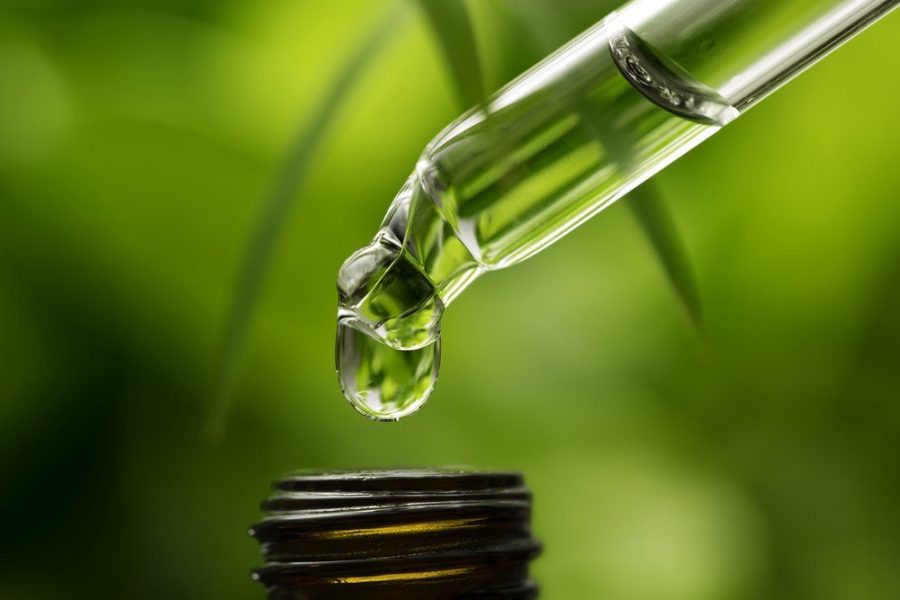These recent studies support the use of CBD for anxiety
Cannabidiol (CBD) has dominated the legal cannabis landscape as a diverse cannabinoid with abundant medicinal properties. In 2018 alone, a whopping $620 million worth of CBD products were sold in the United States. On a global scale, the CBD industry is anticipated to swell to $3.52 billion between 2020-2024; growing at a compound annual growth rate (CAGR) of more than 32 percent.
A 2019 Gallup Poll reported that 14 percent of Americans regularly use CBD and many of those people seem to be relying on this plant-derived compound as an anxiety aid. An estimated 40 million adults in the United States battle with anxiety – according to the Anxiety and Depression Association of America (ADAA) – making this medical condition one of the most prevalent.
Non-psychoactive and non-addictive, CBD could offer a welcome alternative to addictive medications, such as opioids. Between 1999-2018, approximately 450,000 people died from opioid overdoses. Conversely, nobody has ever died from a cannabis overdose, so let’s find out a bit more about this plant’s non-psychotropic element CBD and its suitability for anxiety relief.
Recent studies outlining the benefits of using CBD for anxiety
Scientists believe that feelings of anxiety and depression arise when the brain fails to use serotonin – a monoamine neurotransmitter that contributes to mood regulation – sufficiently. Since CBD can activate the serotonin receptor (5-HT1A), there’s no wonder why so many Americans are harnessing the therapeutic potential of this naturally-occurring chemical.
Although there’s a need for new evidence to support the benefits of CBD for anxiety, some fairly recent findings tell us that this diverse cannabinoid could provide patients with symptomatic relief:
- In 2018, a study was carried out on a group of male subjects who received CBD before they underwent a simulated public speaking test. After being administered with an oral dose of 300 mg 90 minutes prior to the test commencing, speakers reported a significant reduction in anxiety.
- Nobuo Masataka, a Professor of Primate Research Institute at Kyoto University, Japan, stirred up excitement in the medical cannabis community when his research was published in PubMed in November 2019. A 37-strong group of Japanese teenagers aged between 18-19 years old participated in the double-blind study. Each study subject suffered from avoidant personality disorder and seasonal affective disorder (SAD). Masataka utilized the Fear of Negative Evaluation Questionnaire and the Liebowitz Social Anxiety Scale to assess symptoms after 300 mg of CBD was administered daily for four weeks, with positive results.
- A large case series on CBD in anxiety and sleep was published in the Permanente Journal in 2019. Reduced anxiety was experienced by 79 percent of participants after they used CBD for anti-anxiety effects. By the second monthly follow-up after receiving cannabis-based treatments, 41 patients (56.9 percent of study subjects) continued using CBD; as opposed to traditional anxiety medications.
- A separate case report also published in the Permanente Journal, titled “Effectiveness of Cannabidiol Oil for Pediatric Anxiety and Insomnia as Part of Post-traumatic Stress Disorder,” reported that CBD may exert an anti-anxiety effect through the activation of adenosine receptors. However, this study was published in 2016 and therefore an update is needed.
More research into the effects of CBD for anxiety is essential
Based on claims from the National Institute on Drug Abuse (NIDA), CBD could minimize stress in animal models with generalized anxiety disorder (GAD). With the ADAA recently announcing that the current coronavirus (COVID-19) pandemic is causing more people to suffer from GAD, there really is no better time for new research to commence than right now.
Although evidence exists to support the idea of using CBD for anxiety, the cannabis plant is still an illegal substance under federal law. Controlled clinical studies are needed to fully understand the potential side effects and efficacy of this non-psychoactive substance. Nonetheless, states like New Jersey and North Dakota have already added anxiety to their list of qualifying conditions for cannabis.








